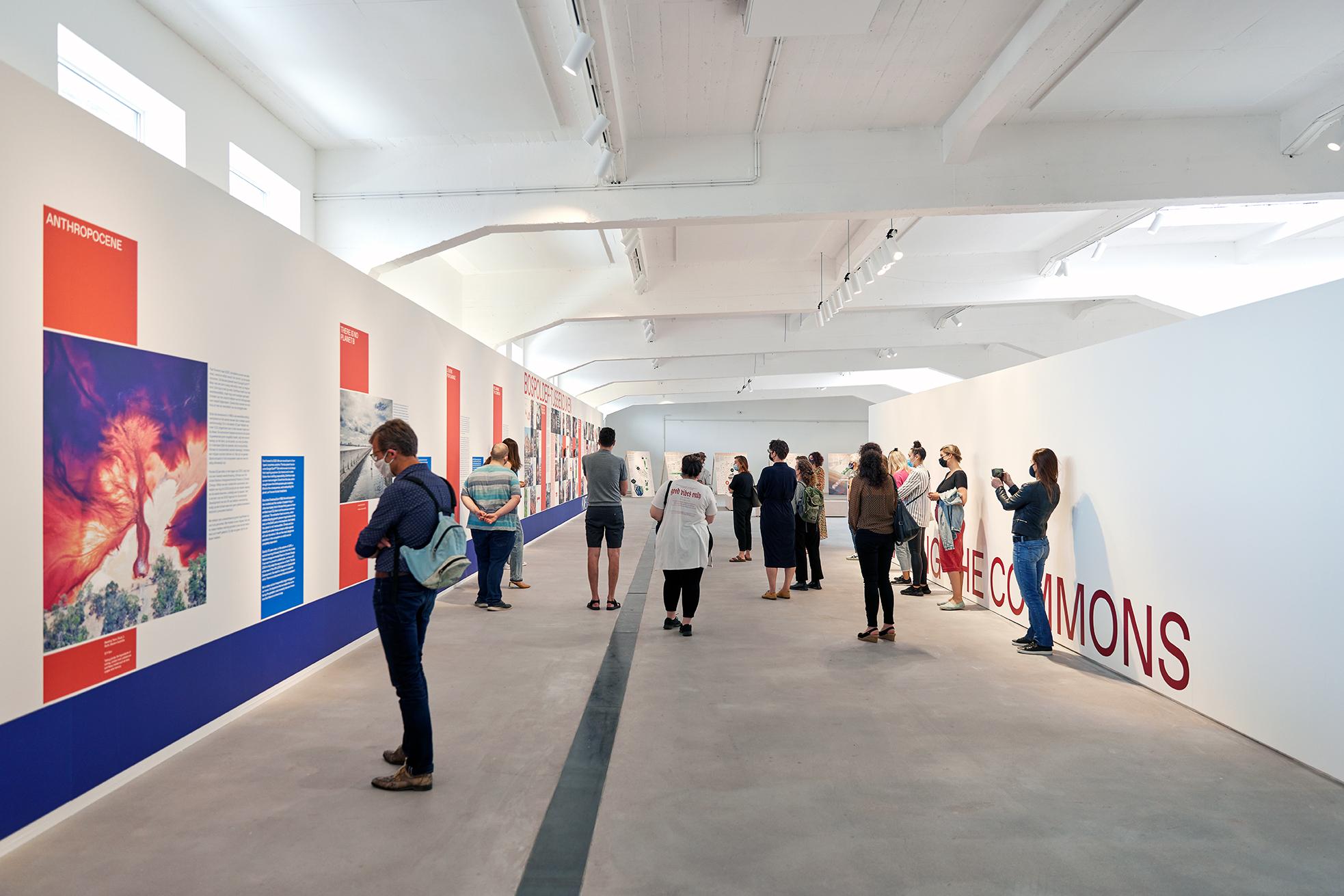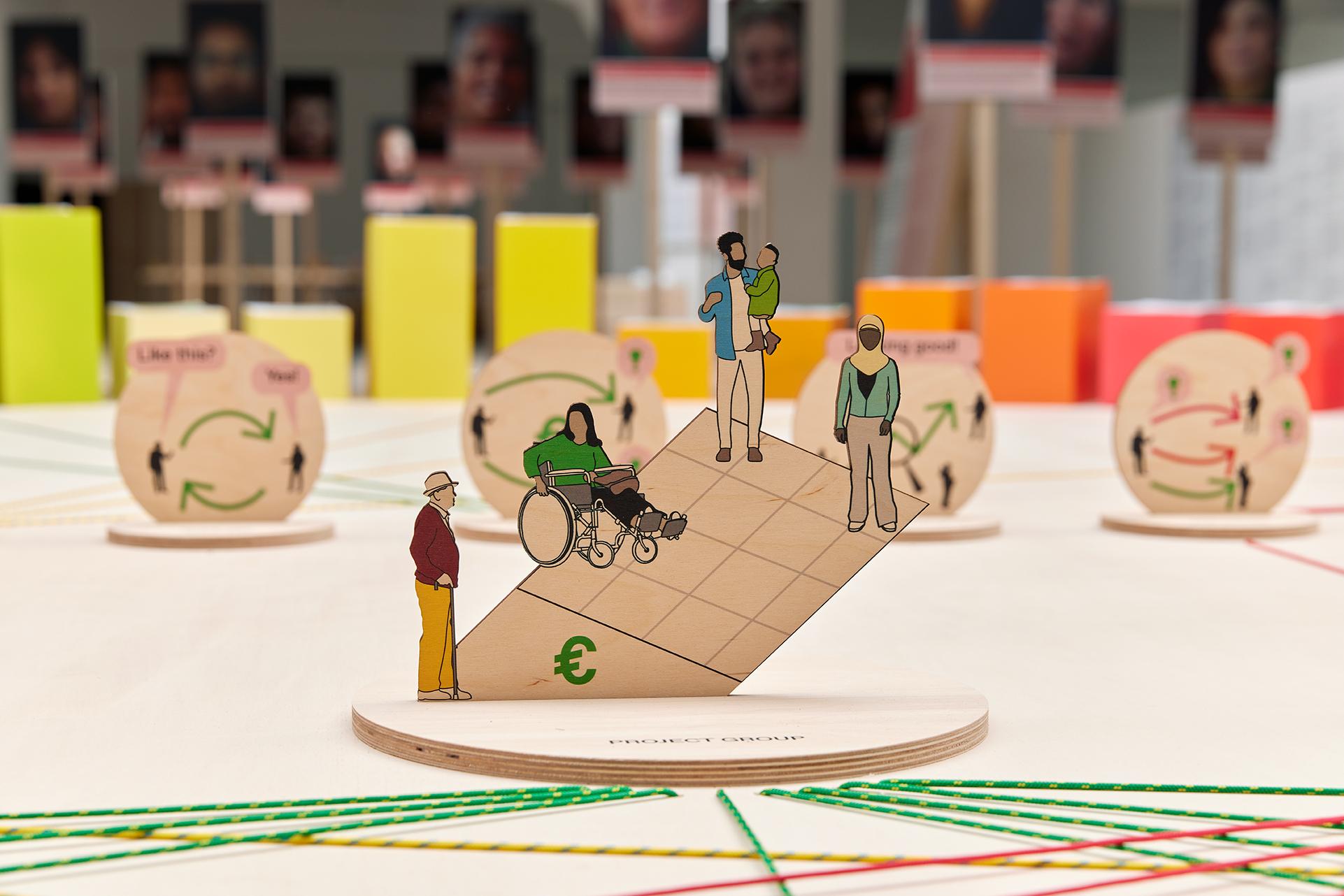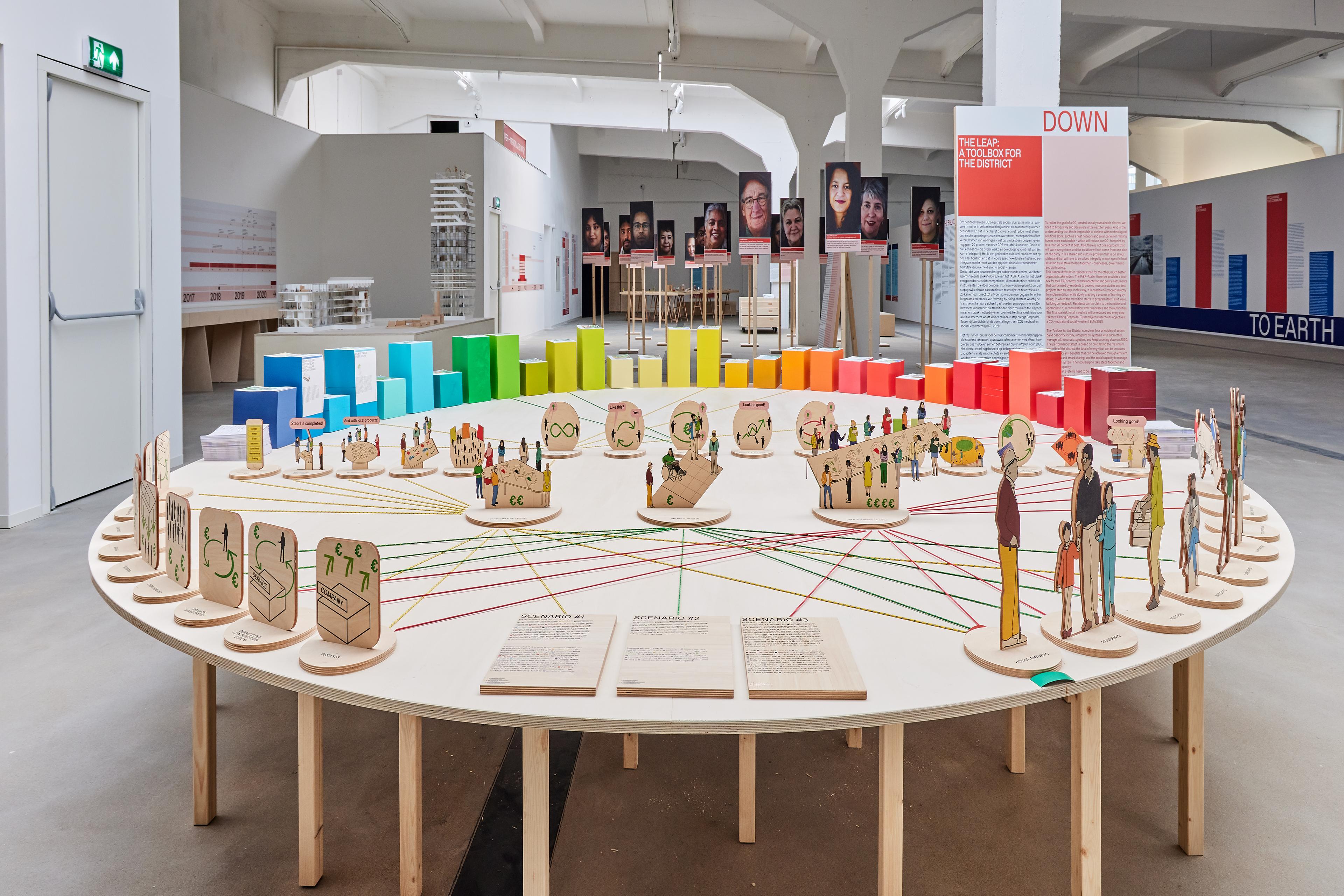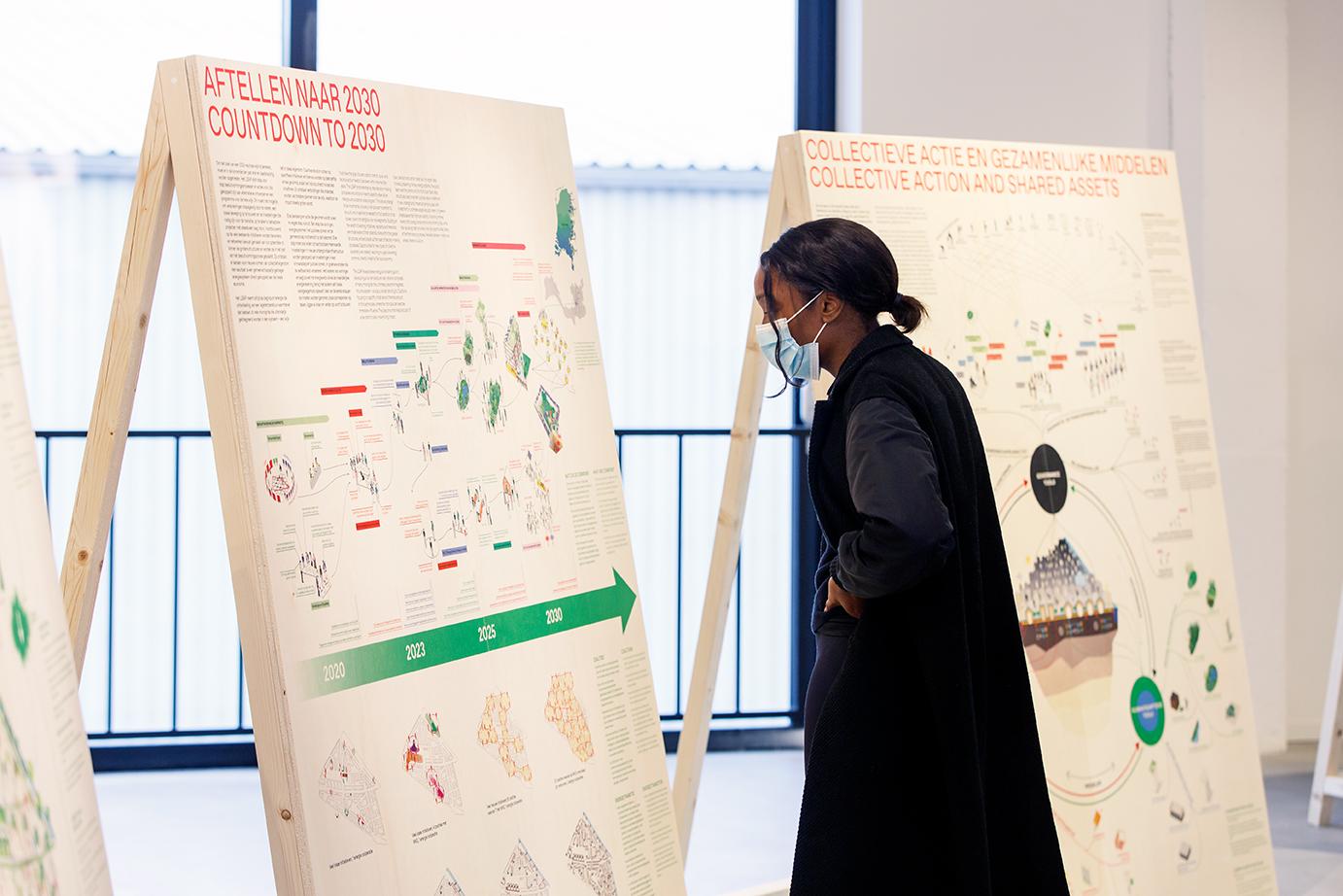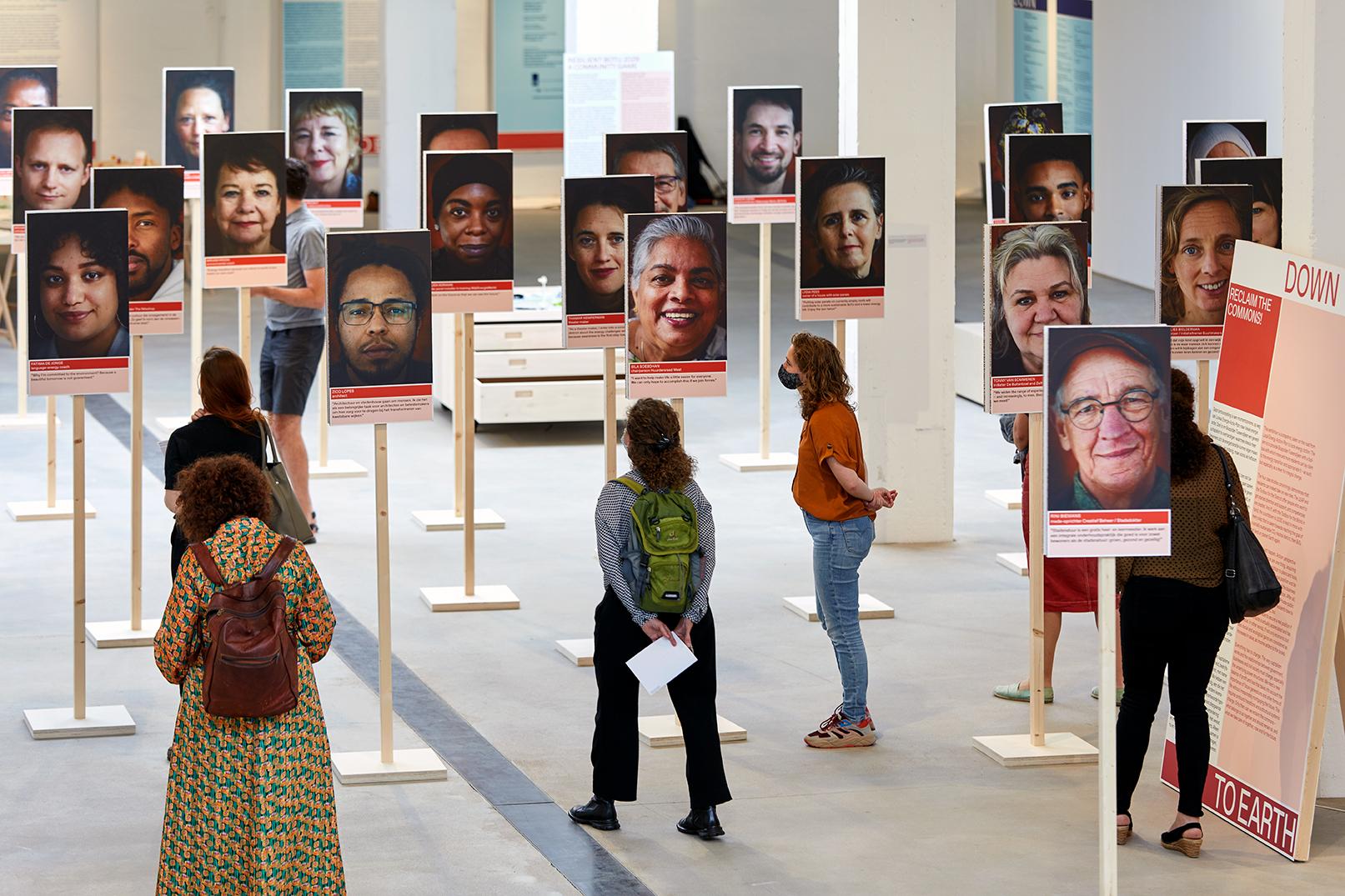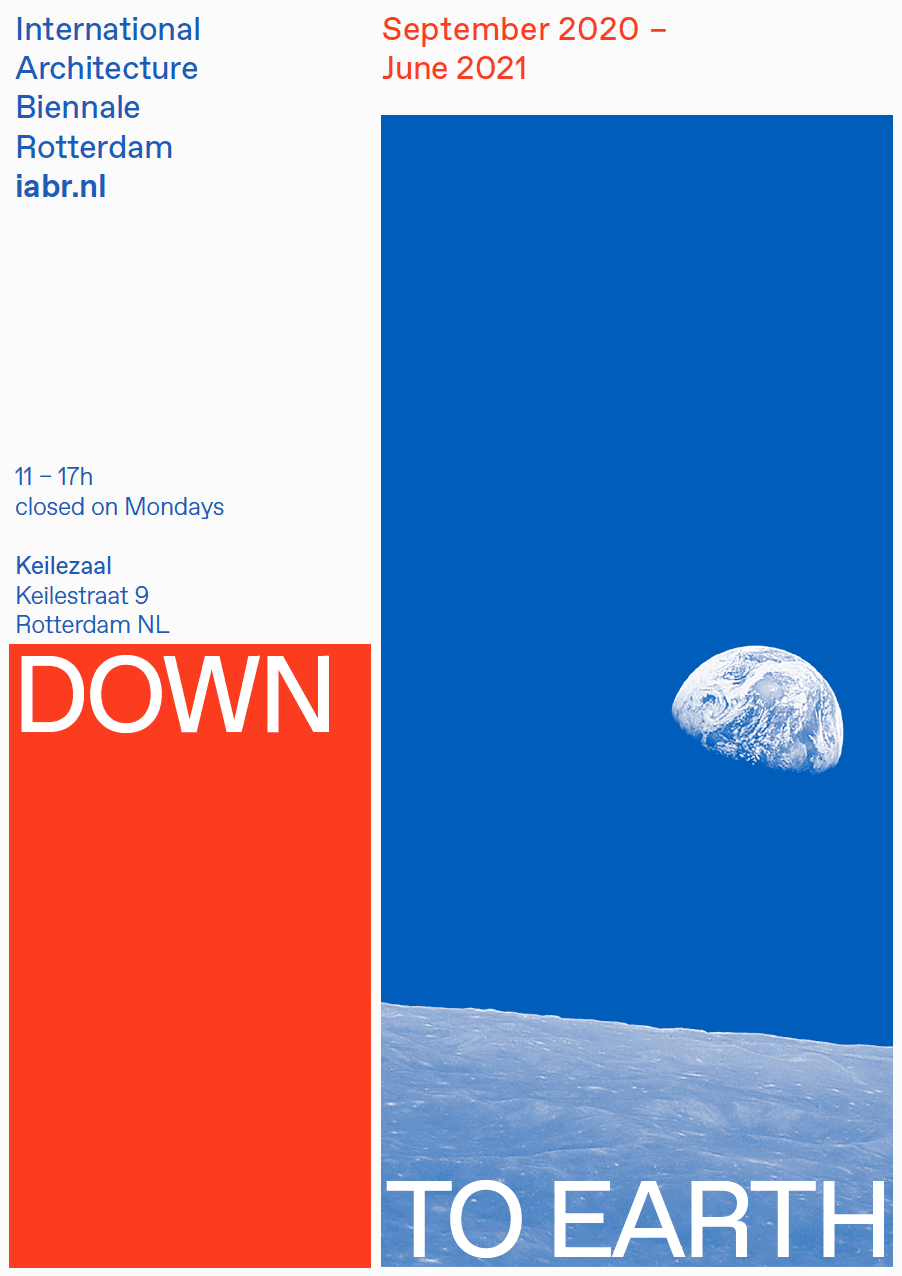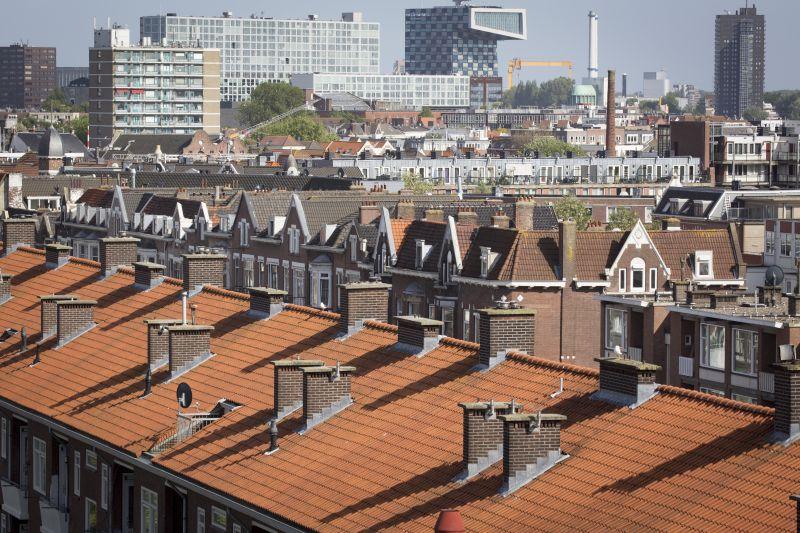The transition to renewable energy is both urgent and far-reaching. Urgent because the petroculture that characterizes modern civilization is a major contributor to global warming and climate change. Far-reaching because the way we live and care, learn and live, consume and produce – how we interact with each other and with nature, how we organize our living environments and our societies, and whether everyone has equal opportunities – is largely determined by access to energy.
Based on the idea that the sun, wind, and hydrogen belong to everyone, the transition to sustainable energy should also belong to all of us. The exhibition ‘Reclaiming the Commons’ starts from the observation that energy was once part of the commons (goods or resources that are jointly owned by users). How can we reclaim the commons in the twenty-first century?
Reclaiming the Commons was part of the IABR in 2020: Down to Earth. The exhibition presents the results of the IABR–Atelier Rotterdam. Together with partners and residents of the Rotterdam district of Bospolder-Tussendijken, the IABR developed a ‘Toolbox for the District’, a toolbox that residents can use to appropriate the energy transition.
